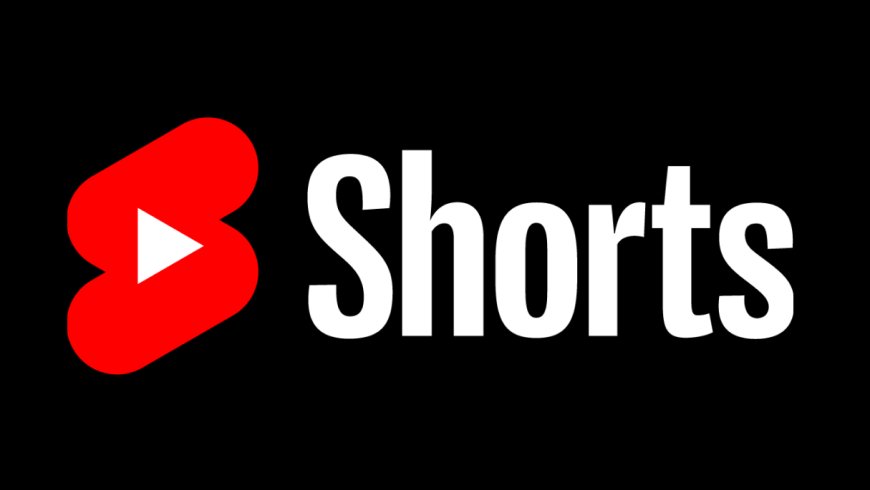New Rules Coming For Kenyans Making Money On YouTube
Beginning July 15, 2025, the updated rules under the YouTube Partner Programme (YPP) will place a stronger emphasis on content that is original and genuine.

Kenyans, especially those working in the digital space, have been urged to brace for major changes after YouTube revealed a significant shift in its monetisation policies starting July 2025.
Beginning July 15, 2025, the updated rules under the YouTube Partner Programme (YPP) will place a stronger emphasis on content that is original and genuine.
While the basic monetisation criteria remain unchanged — creators still need at least 1,000 subscribers and either 4,000 valid public watch hours in the past year or 10 million Shorts views in the last 90 days — YouTube will now be cracking down on what it calls "low-effort" or "inauthentic" content.

A logo of YouTube Shorts. /YOUTUBE BLOG
These adjustments are expected to hit Kenyan content creators hard, especially those relying on reused or AI-generated videos.
“In order to monetise as part of the YouTube Partner Program (YPP), YouTube has always required creators to upload 'original' and 'authentic' content," a statement from YouTube's official support page read.
"On July 15, 2025, YouTube is updating its guidelines to better identify mass-produced and repetitious content. This update better reflects what 'inauthentic' content looks like today.”
Under YouTube's new monetisation rules, content likely to be flagged for demonetization includes AI-generated videos with synthetic voices, reused video compilations, fake movie trailers, and reaction content that lacks meaningful input.
In short, creators who mainly rely on recycling existing clips with Artificial Intelligence (AI) voiceovers may no longer earn money from such content starting July 15.
YouTube says the updated policy is designed to reward creators who bring originality, insight, and creativity to their videos—those who aim to educate or entertain with a personal and distinctive touch within their niche.
If a creator’s work is based on pre-existing content, they’ll now need to offer real value, either through their narration, opinions, or creative interpretation. Even with that, monetisation isn’t guaranteed.
For Kenyan creators, the most reliable way to stay monetised is to produce original videos featuring their voice and style. This kind of authentic content is more likely to pass the new criteria.
YouTube’s crackdown comes as advertisers increasingly prefer higher-quality content over mass-produced, repetitive uploads. As a result, creators who fail to meet the new authenticity standards risk losing monetisation, possibly without warning.
The upside? Kenyan creators who already focus on original content—like comedy skits—could benefit, as YouTube may boost their visibility under the revised guidelines.







